
Apple extract kills colon cancer cells better than chemotherapy drug
Recent research has revealed that natural compounds known as oligosaccharides, extracted from apples, can kill up to 46% of human colon cancer cells in vitro. Remarkably, these compounds outperformed the most commonly used chemotherapy drug at every concentration tested. (Updated May 19, 2022)
Unlike toxic chemotherapy drugs, oligosaccharides are natural, health-promoting compounds commonly found in fruits and vegetables, making them a potentially safer alternative for cancer treatment.
Could a Natural Compound Combat One of the Leading Causes of Cancer Death?
Colon cancer is currently the second leading cause of cancer-related death among women worldwide and the third leading cause among men. Despite advances in treatment, the standard chemotherapy drugs for colon cancer have shown limited effectiveness and are often associated with serious side effects, including coronary spasm, neurotoxicity, anemia, and immune system suppression.
Researchers turned to apples as a potential natural solution due to their wide availability and previous evidence showing their activity against multiple cancers, including breast, ovarian, lung, liver, and colon cancer. Apples are one of the most commonly consumed fruits globally, making them an attractive, accessible source of therapeutic compounds.
How Apple Oligosaccharides Work
In this study, scientists in Xi’an, China, isolated polysaccharides—such as pectin and other fibers—from apple pomace, the leftover material from apple juice production. These polysaccharides were then treated with natural pectinase enzymes to break them into smaller molecules called oligosaccharides, containing only three to ten sugar units each.
The oligosaccharides were added to cultured human HT29 colon cancer cells at various concentrations and compared with the most commonly used chemotherapy drug for colon cancer.
At every concentration tested, the apple oligosaccharides were more effective than the chemo drug at inducing programmed cell death (apoptosis) in the cancer cells.
For instance, at just 0.9 micrograms per mL (0.9 ppm), oligosaccharides killed 17.6% of colon cancer cells after 36 hours, while the chemotherapy drug killed only 10.9%, even at a higher concentration of 1.3 micrograms per mL.
A major advantage of apple oligosaccharides is that they are non-toxic to healthy cells, allowing researchers to safely use higher concentrations. At 9.0 ppm, oligosaccharides destroyed 46% of colon cancer cells, a level at which the chemotherapy drug could not be tested due to toxicity concerns.
Oligosaccharides: A Functional Food With Multiple Health Benefits
Oligosaccharides have increasingly gained attention as functional foods that promote overall health. They are naturally present in many fruits, vegetables, algae, honey, and milk, and are also used as additives in foods to improve gut health, such as fructo-oligosaccharides.
Studies have shown that oligosaccharides can:
-
Promote healthy gut microbiota,
-
Help regulate blood sugar levels,
-
Support immune system function, and
-
Provide prebiotic benefits that improve nutrient absorption.
In addition, oligosaccharides can be formed by breaking down more complex carbohydrates, like pectin, with enzymes—similar to the method used in this study. Interestingly, eating raw apples may naturally trigger some of this conversion, as apples contain about 1.5% pectin and the enzyme pectinase, though the effect is less concentrated than in lab-prepared extracts.
It is important to note that most commercially processed apple juice contains almost no pectin or active enzymes and retains only about 10% of the polyphenols found in fresh apples. This highlights that eating raw, fresh apples is far more beneficial than consuming processed versions.
A Sustainable and Low-Cost Natural Medicine
This study reinforces the anti-cancer potential of apples and the potent effects of their oligosaccharides, even at low concentrations. What makes this discovery particularly promising is that these compounds can be derived from apple pomace, a widely available byproduct of the apple juice industry. With approximately four million tons of pomace produced annually, this presents a sustainable, cost-effective source of natural medicine for future cancer therapies.
If further clinical studies confirm these findings in humans, apple oligosaccharides could one day become a safe, natural adjunct or alternative to traditional chemotherapy, offering hope for millions affected by colon cancer.
News in the same category


The Best Foods to Cleanse and Prevent Clogged Arteries
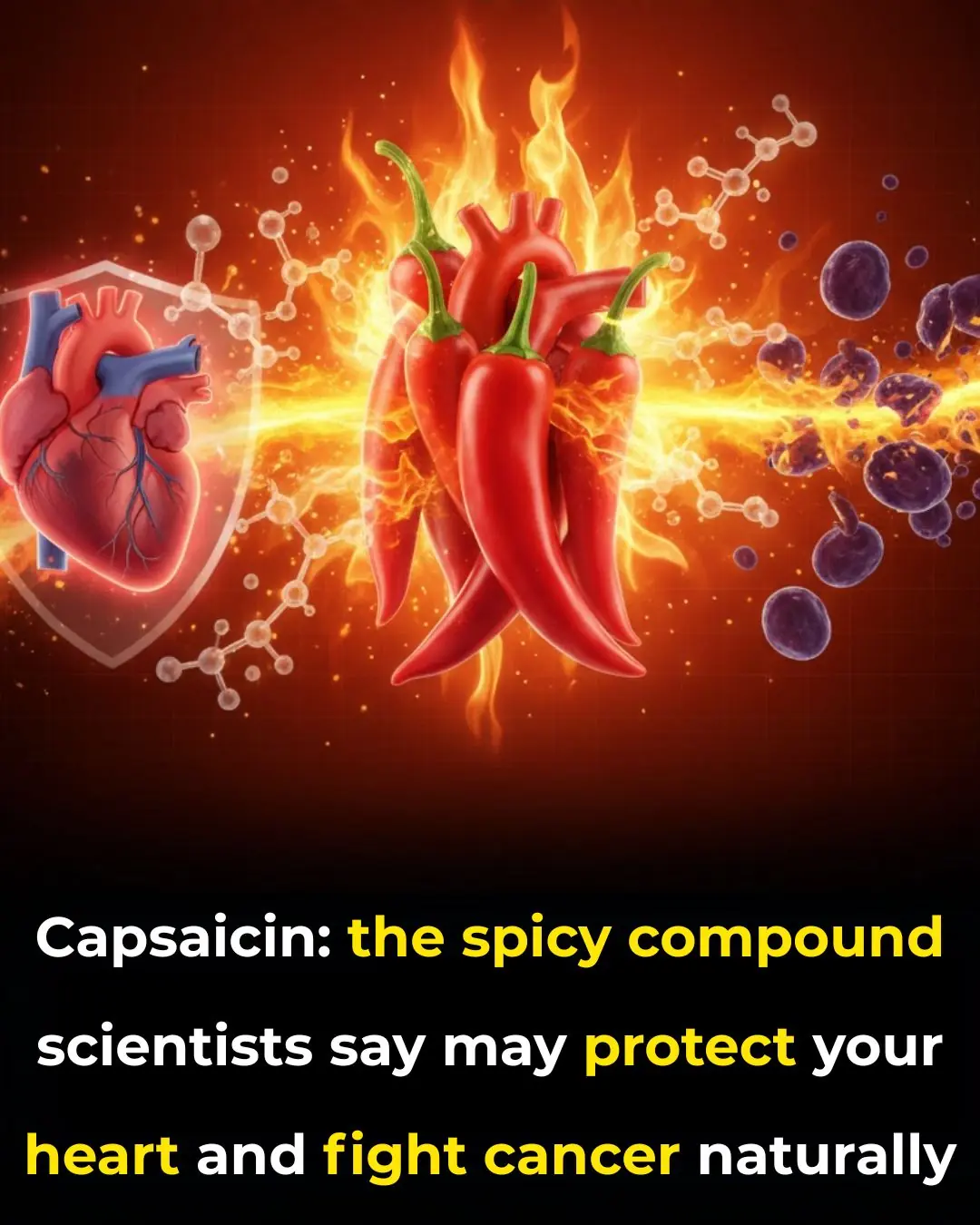
Capsaicin Stops Heart Attacks And Destroys Cancer Cells
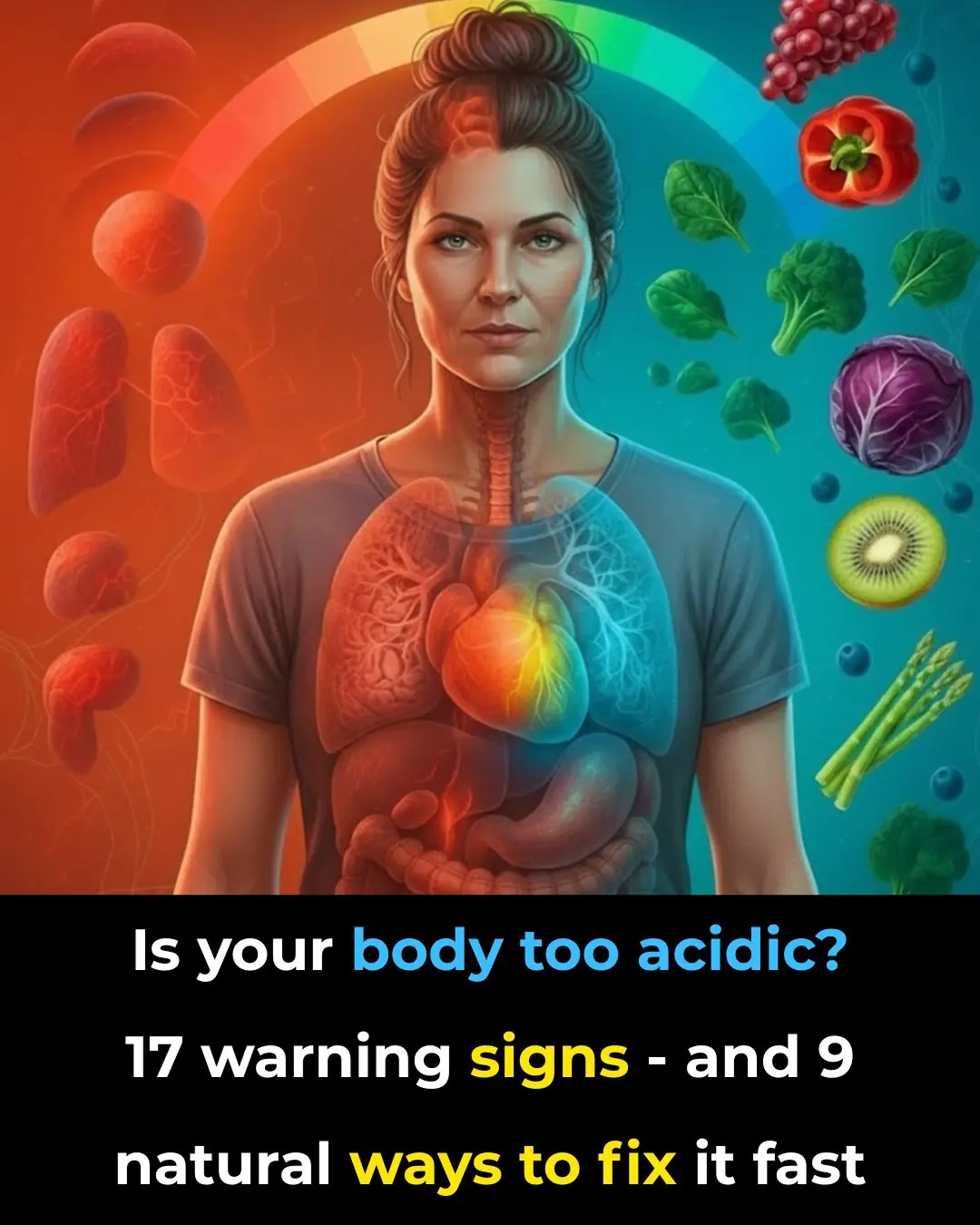
17 Signs Your Body Is Too Acidic And 9 Ways To Quickly Alkalize It

Adrenal fatigue: what it is and 17 all-natural ways to fix it fast

Colon Cleansing With Kefir and Flaxseed Meal
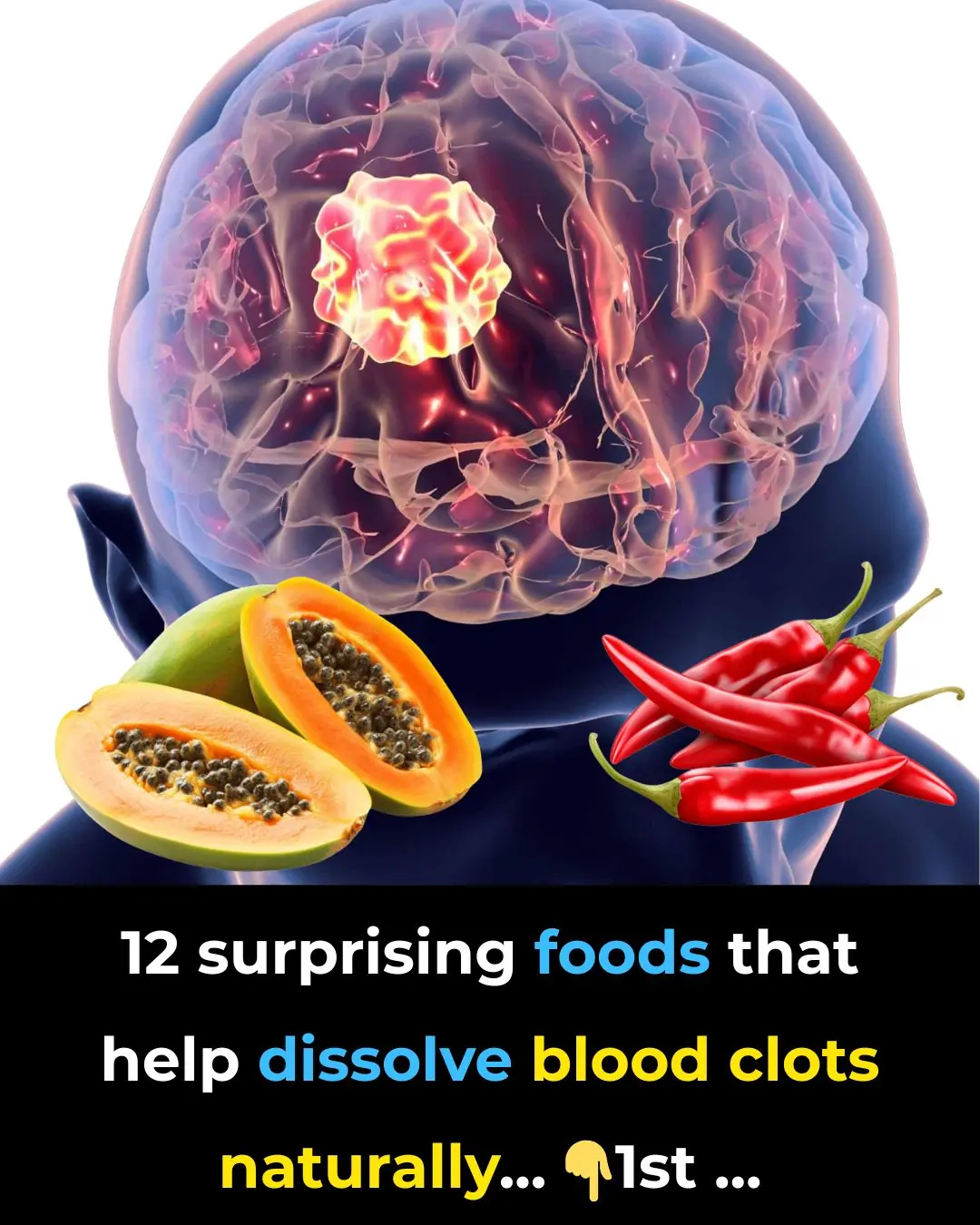
12 surprising foods that help dissolve blood clots naturally

5 Best Water Benefits You Should Know

The Link Between Gout and Kidney Disease: What You Need to Know

The Rise of Kissing Bugs
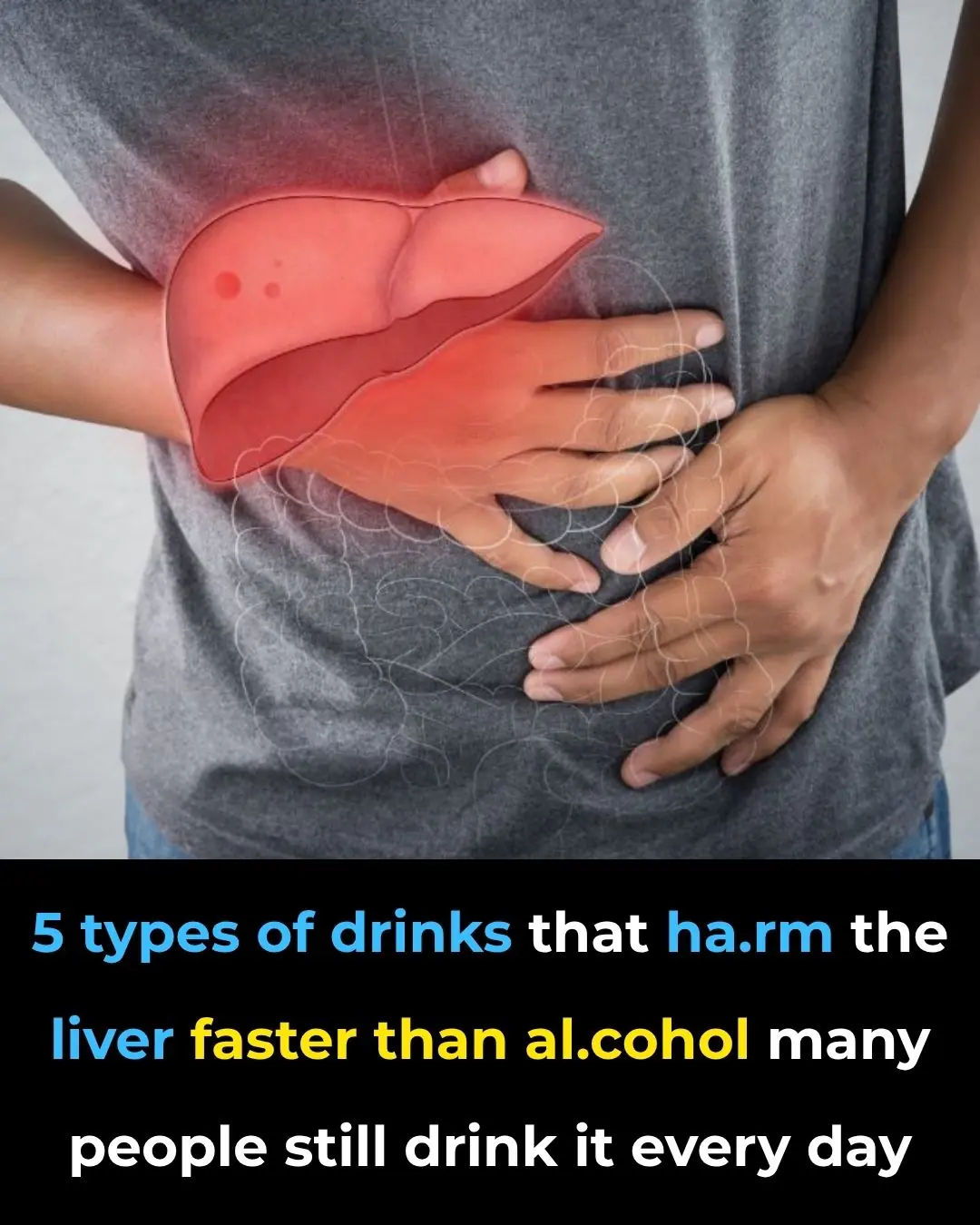
5 Common Drinks That Can Damage Your Liver Just Like Alcohol
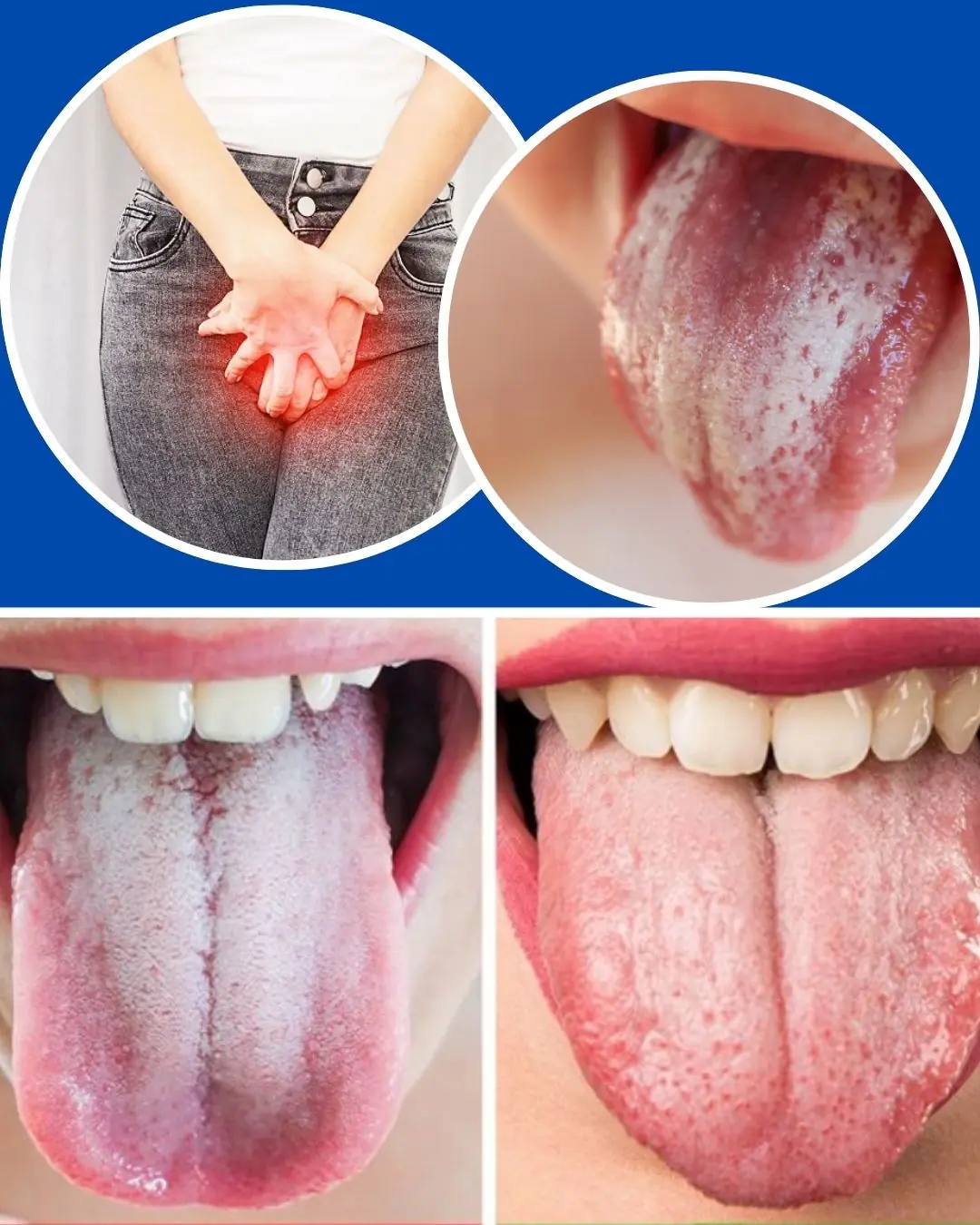
Listen to Your Tongue: 11 Subtle Health Messages It Sends Health June 11, 2025 Updated: June 11, 2025

If your mouth feels dry at night, here are 8 reasons why
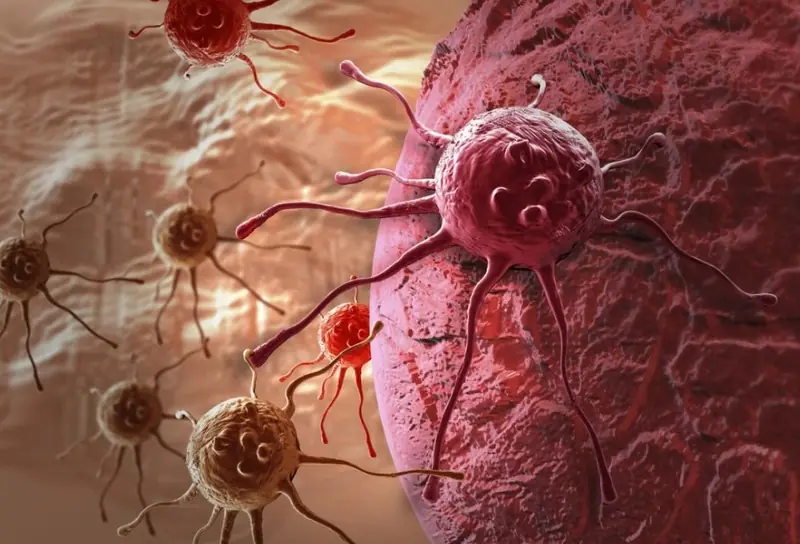
Two itchy areas on the body could be a sign of liver cancer — but many people mistake it for an allergy
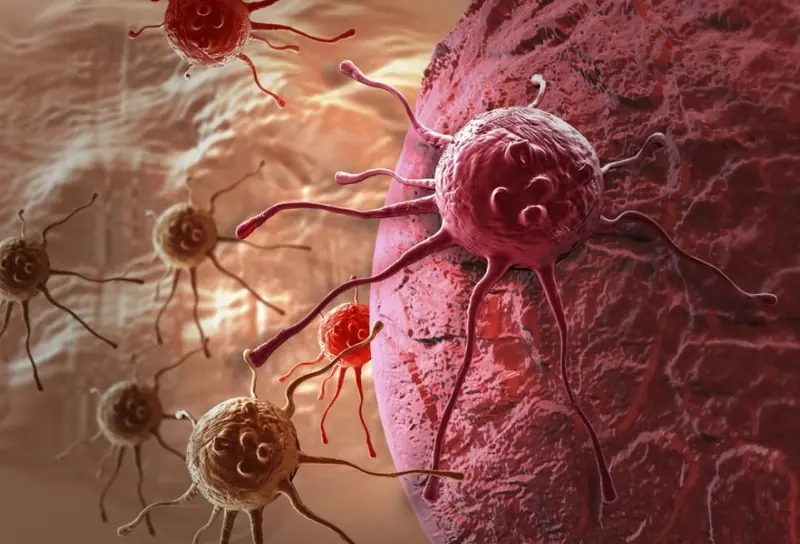
GOOD NEWS: The U.S. Has Successfully Tested a 'Miracle Drug' That Destroys 70 Types of Cancer

Say Goodbye to Dead Skin on Your Feet with These Simple Natural Remedies

Sleeping Trick? Why Sticking One Foot Out Actually Works
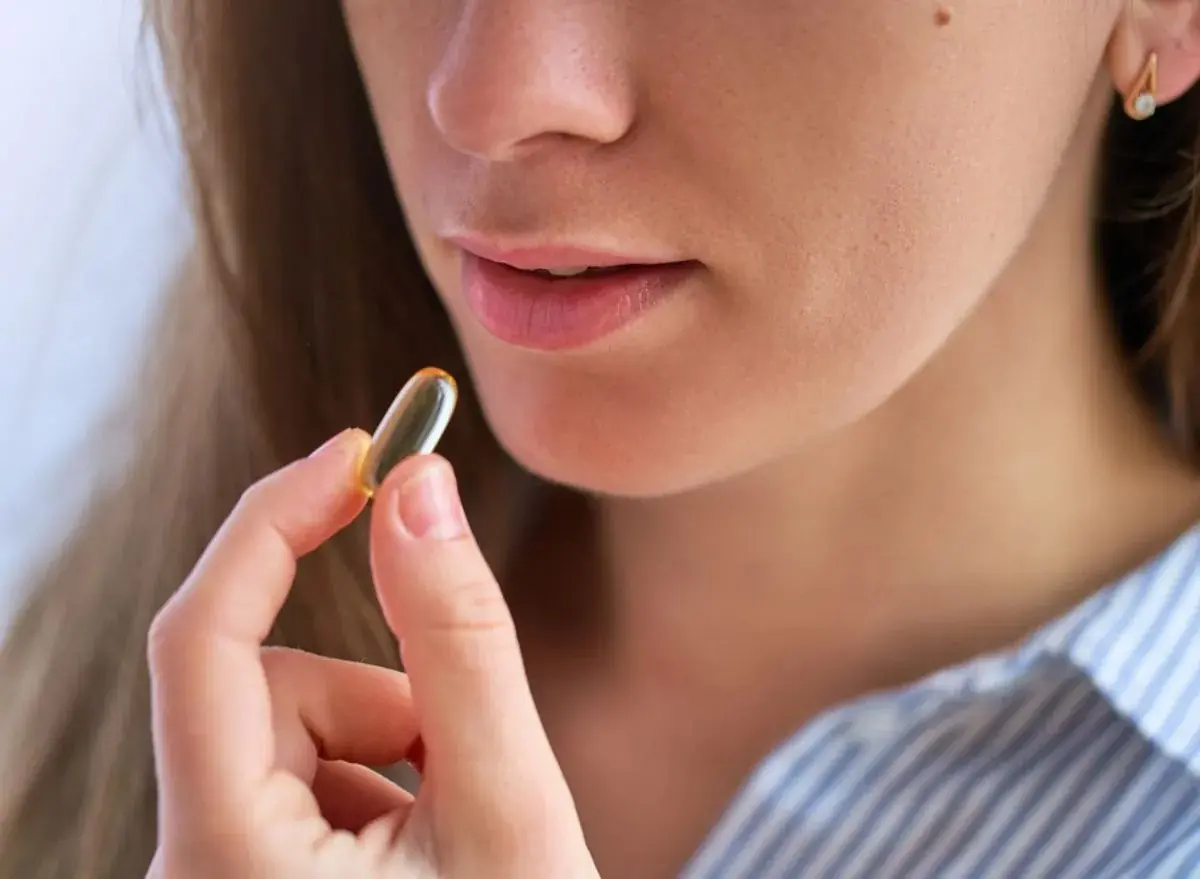
12 Urgent Warning Signs That You’re Not Getting Enough Vitamin D
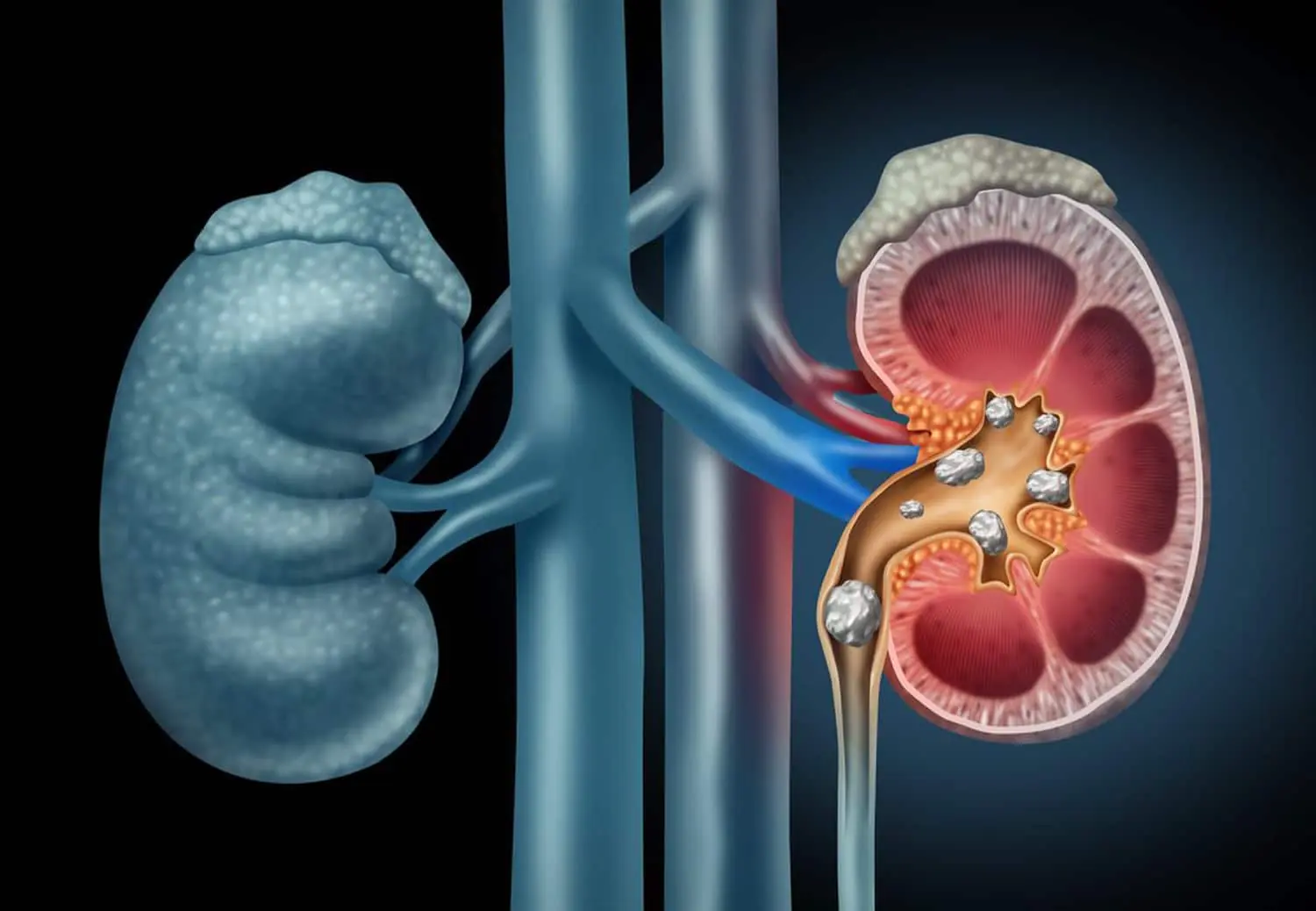
Top 10 Signs of Kidney Problems You Absolutely Must Be Aware Of
News Post

Willie Flanigan and the Gift of a Simple, Perfect Day.

A Cart Full of Kindness: When a Stranger Paid It Forward.

20-Year-Old Man Suffers Acute Kidney Failure After Eating 30 Grilled Oysters — Doctors Reveal the Shocking Cause
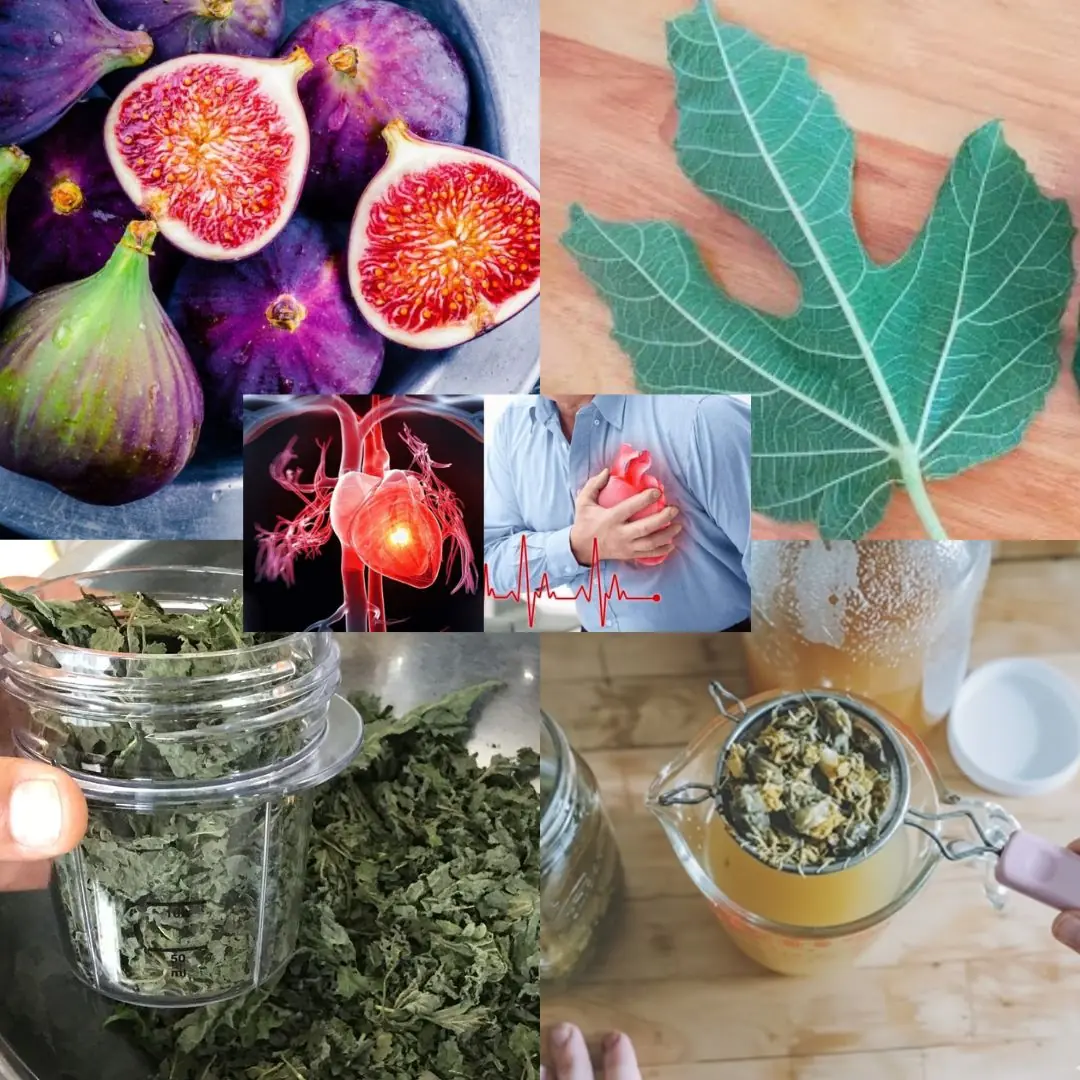
Fig Leaves: Surprising Benefits and Uses

How to Clean Moldy Refrigerator Gaskets — Sparkling Clean in Just 5 Minutes

The Whale That Carried History In Its Neck For Over 100 Years

Denver Bans the Sale of Dogs, Cats, and Rabbits, Paving the Way for More Shelter Adoptions

Medicinal Health Benefits of Turmeric, Curcumin and Turmeric Tea Based on Science

The Best Foods to Cleanse and Prevent Clogged Arteries

Capsaicin Stops Heart Attacks And Destroys Cancer Cells

17 Signs Your Body Is Too Acidic And 9 Ways To Quickly Alkalize It

Adrenal fatigue: what it is and 17 all-natural ways to fix it fast

Colon Cleansing With Kefir and Flaxseed Meal

If you rub these 2 points behind your knees, this is the effect on your body

12 surprising foods that help dissolve blood clots naturally

Elon Musk's ex Grimes reveals controversial face tattoo she spent 10 years 'emotionally' working up to

Justin Bieber announces 'wild' tech career move that could earn him millions

My Sister Stole My $85,000 Inheritance to Fund Her Lavish Wedding – I Waited Until Her Big Day to Deliver My Revenge
